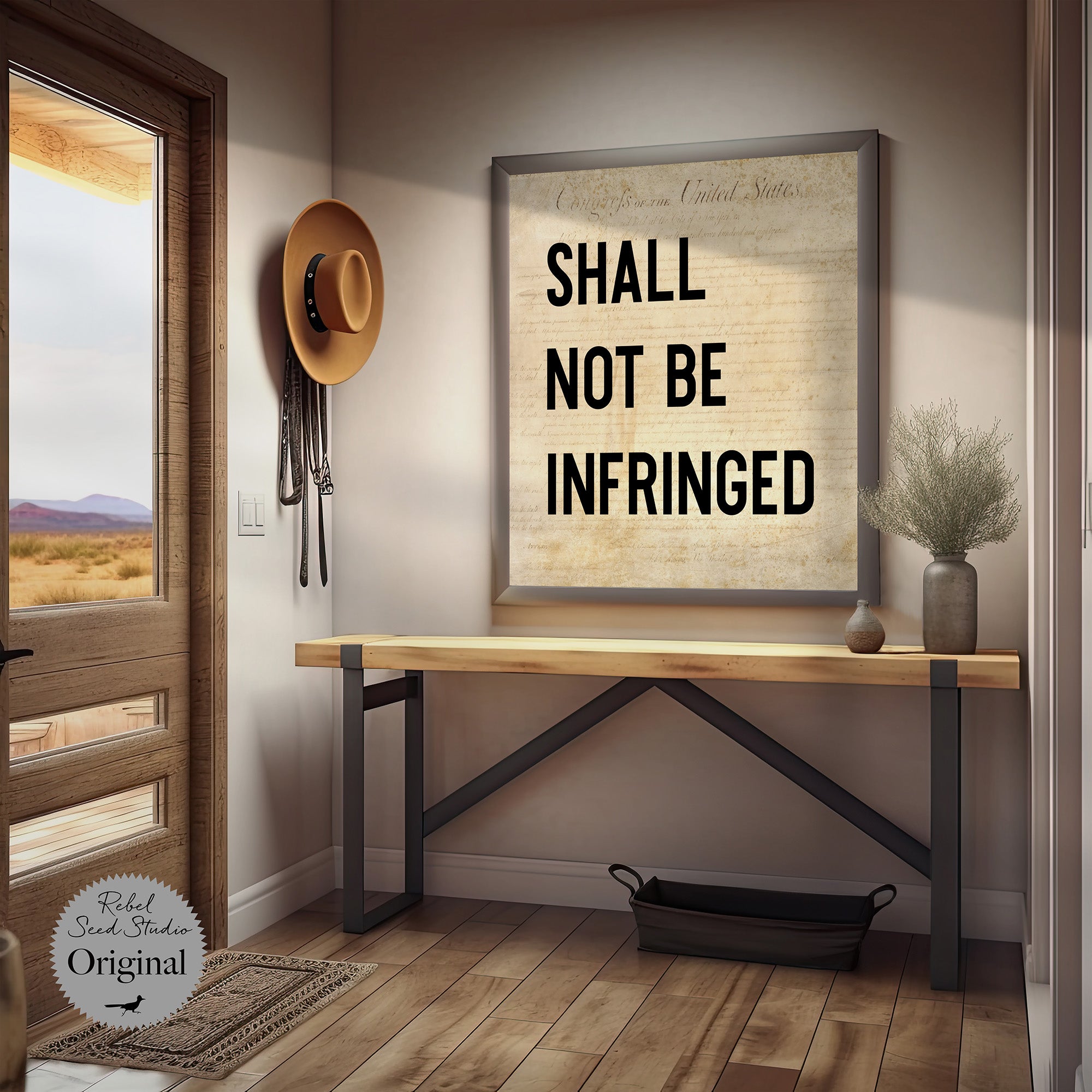
In Defense of the Second Amendment (Book Notes)
In Defense of the Second Amendment by Larry Correia presents a passionate, detailed argument in support of gun rights, focusing on the role of the Second Amendment in American society. Correia, a New York Times bestselling author and former firearms instructor, delves into the constitutional, historical, and practical reasons why the Second Amendment exists and why it remains crucial to the protection of American liberty.
The book opens with an exploration of the Second Amendment itself, rooted in the U.S. Constitution’s Bill of Rights. Correia traces its historical origins back to the Founding Fathers’ belief in the importance of an armed citizenry as a defense against tyranny. He examines how the right to bear arms was viewed in colonial times and argues that this interpretation remains relevant today.
Throughout the book, Correia directly addresses common arguments against the Second Amendment and gun ownership, presenting counterpoints to concerns about gun violence, mass shootings, and gun control laws. He draws on statistics, historical examples, and personal experiences to argue that responsible gun ownership is not the cause of societal violence but rather an essential part of the fabric of American freedom.
Correia emphasizes that the Second Amendment is not just about hunting or self-defense but is intended as a safeguard against governmental overreach and oppression. He argues that disarming citizens creates vulnerability to tyranny and that an armed populace acts as a deterrent to such abuses of power.
The book critiques various gun control measures, from background checks and "red flag" laws to bans on so-called "assault weapons." Correia contends that these measures are either ineffective or infringe on law-abiding citizens’ rights. He argues that criminals, by definition, do not follow laws, and stricter regulations often leave ordinary citizens defenseless.
Correia advocates for gun ownership as a means of self-defense, citing examples of individuals who have successfully defended themselves and others from criminals. He believes that personal responsibility and proper training in gun safety are key components of a well-armed society and that restricting access to firearms puts individuals, particularly women and marginalized groups, at a disadvantage.
A significant portion of the book is dedicated to challenging media misrepresentation and misconceptions about guns and gun owners. Correia critiques the portrayal of guns in popular culture, particularly in news coverage of mass shootings, and argues that media bias leads to skewed perceptions of firearms and their role in society.
Correia addresses the topic of mass shootings head-on, acknowledging the tragedy of these events while also discussing the complexities surrounding them. He argues that mental health issues are often at the root of such violence, rather than the availability of guns. Correia calls for more focus on mental health solutions rather than restrictive gun laws.
In the latter part of the book, Correia suggests ways to protect gun rights while addressing legitimate concerns about gun safety. He promotes the idea of increased firearm education, better mental health care, and stricter enforcement of existing laws targeting illegal gun use. Correia believes that these measures, rather than new regulations, will lead to a safer society without infringing on the constitutional rights of Americans.
Book Notes:
- Correia’s background as a firearms instructor and Second Amendment advocate gives him authority on the subject, and his passion for gun rights is evident throughout the book. He presents a strong defense of the Second Amendment, grounding his arguments in historical context, statistics, and practical experience.
- In Defense of the Second Amendment is written in a direct, conversational tone that makes complex legal and constitutional issues easy to understand. Correia uses humor, anecdotes, and clear language to engage readers, making the book accessible even to those who may not be well-versed in the intricacies of gun laws or political debates.
- One of the strengths of the book is Correia’s willingness to take on common anti-gun arguments head-on. He provides counterpoints to the claims that more guns lead to more violence or that stricter gun laws will reduce crime. This structured approach gives the book a sense of logical progression and allows Correia to build a strong case for his position.
- Correia emphasizes the importance of responsible gun ownership. He advocates for proper training, education, and a culture of safety among gun owners, making his defense of the Second Amendment more nuanced than simple opposition to gun control.
SUMMARY: In Defense of the Second Amendment is a compelling and forceful defense of gun rights in America, offering readers a detailed exploration of the Second Amendment’s historical and practical importance. Correia’s passion for the subject is clear, and his expertise as a firearms instructor lends credibility to his arguments. The book is well-suited for readers who are interested in gun rights and want to deepen their understanding of the Second Amendment.
Get the Book: Digital Book (Apple Books) | Audiobook (Apple Books)
Associated Art: Second Amendment Series



























